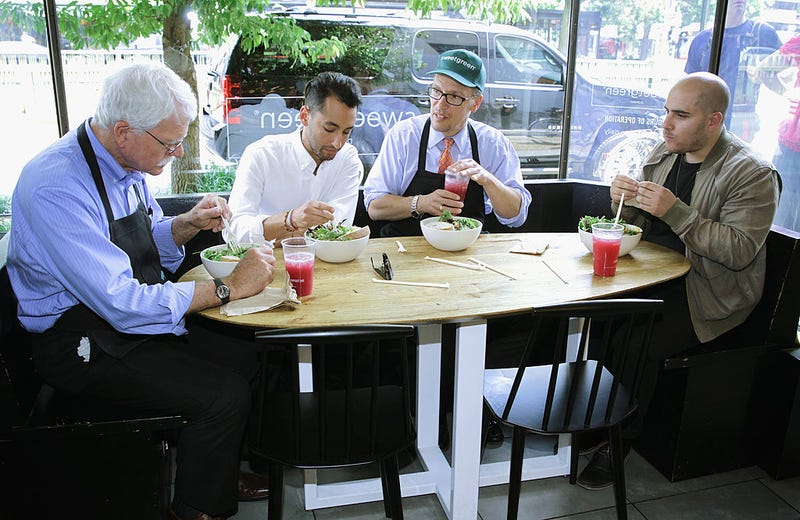
After facing backlash, Sweetgreen Chief Executive Officer Jonathan Neman has deleted a Linkedin post that said mostly fat people have been hospitalized with COVID-19 and downplayed the importance of masks and vaccines, said CNBC.
Sweetgreen is a chain of restaurants that sells salads that sell for a minimum of $9.95.
A Vice report published Wednesday said that Neman’s post claimed “78 percent of hospitalizations due to COVID are Obese and Overweight people.”
According to the outlet, most people who were hospitalized or died because of COVID-19 did have comorbidities such as being overweight. Centers for Disease Control and Prevention data from March identified obesity as an independent risk factor for severe symptoms and mortality.
In his post, Neman also said “no vaccine nor mask will save us,” said Vice. The CEO did say that he is fully vaccinated.
However, he argued that “COVID is here to stay for the foreseeable future,” and it isn’t feasible to “run away from it,” rather than learning to live with it. Neman’s suggestion for living with COVID-19 going forward is to improve overall health rather than infection prevention.
“We clearly have no problem with government overreach on how we live our lives all in the name of ‘health,’ however we are creating more problems than we are solving,” said Neman.
“What if we made the food that is making us sick illegal? What if we taxed processed food and refined sugar to pay for the impact of the pandemic? What if we incentivized health?” he asked.
A 2014 article in the Atlantic explained how people in poverty often turn to processed foods to stretch their budgets. Additionally, a Nature article analyzing the impact of the British “Better Health” campaign rolled out amid the pandemic indicated that a focus on shame and guilt around health habits lea to crash dieting and other unhealthy behaviors.
CNBC said “taxes on processed food and refined sugar would likely hit low-income consumers the hardest,” and that food sold at Sweetgreen is likely out of their price range.
Some commenters on Neman's original post were also calling his argument “fat-phobic,” said the outlet.
In response, Neman said that was not his intention.
“He wrote that the post was meant to start a conversation about how we should think about health differently and attack the root causes,” said CNBC.
A representative for Sweetgreen did not immediately respond to a request for comment from Vice or CNBC.


